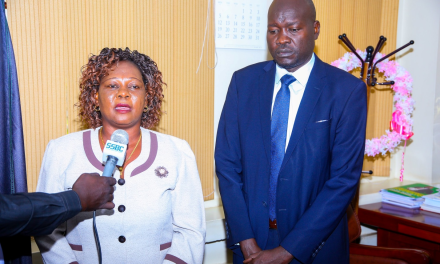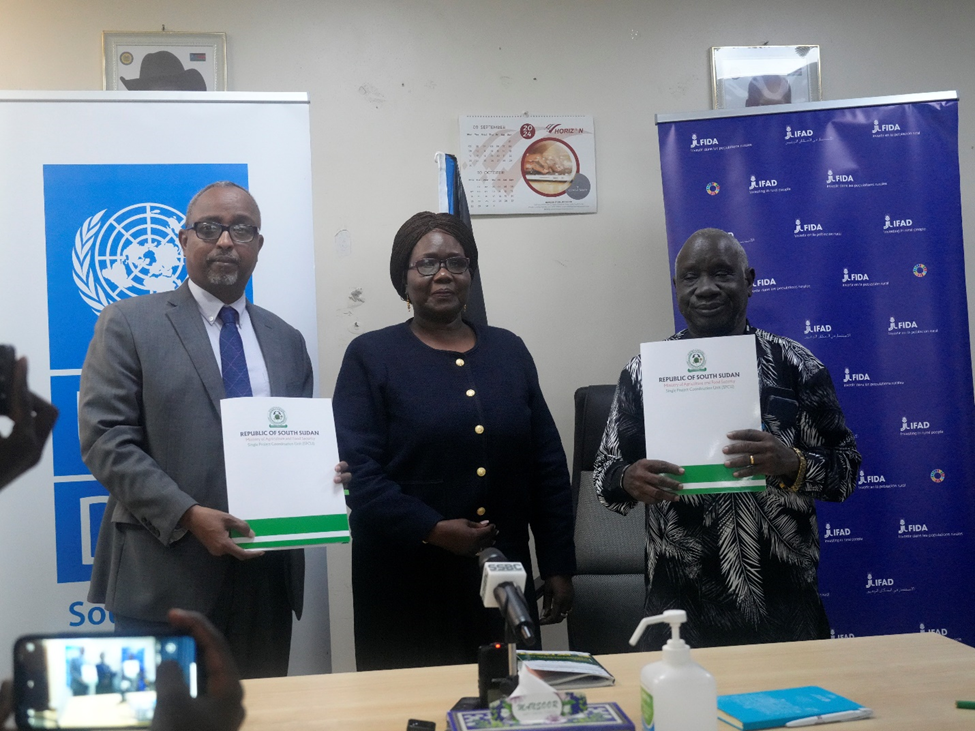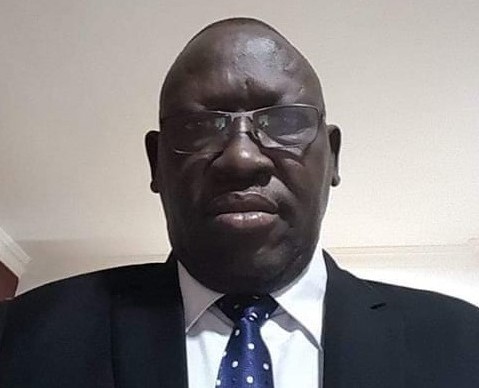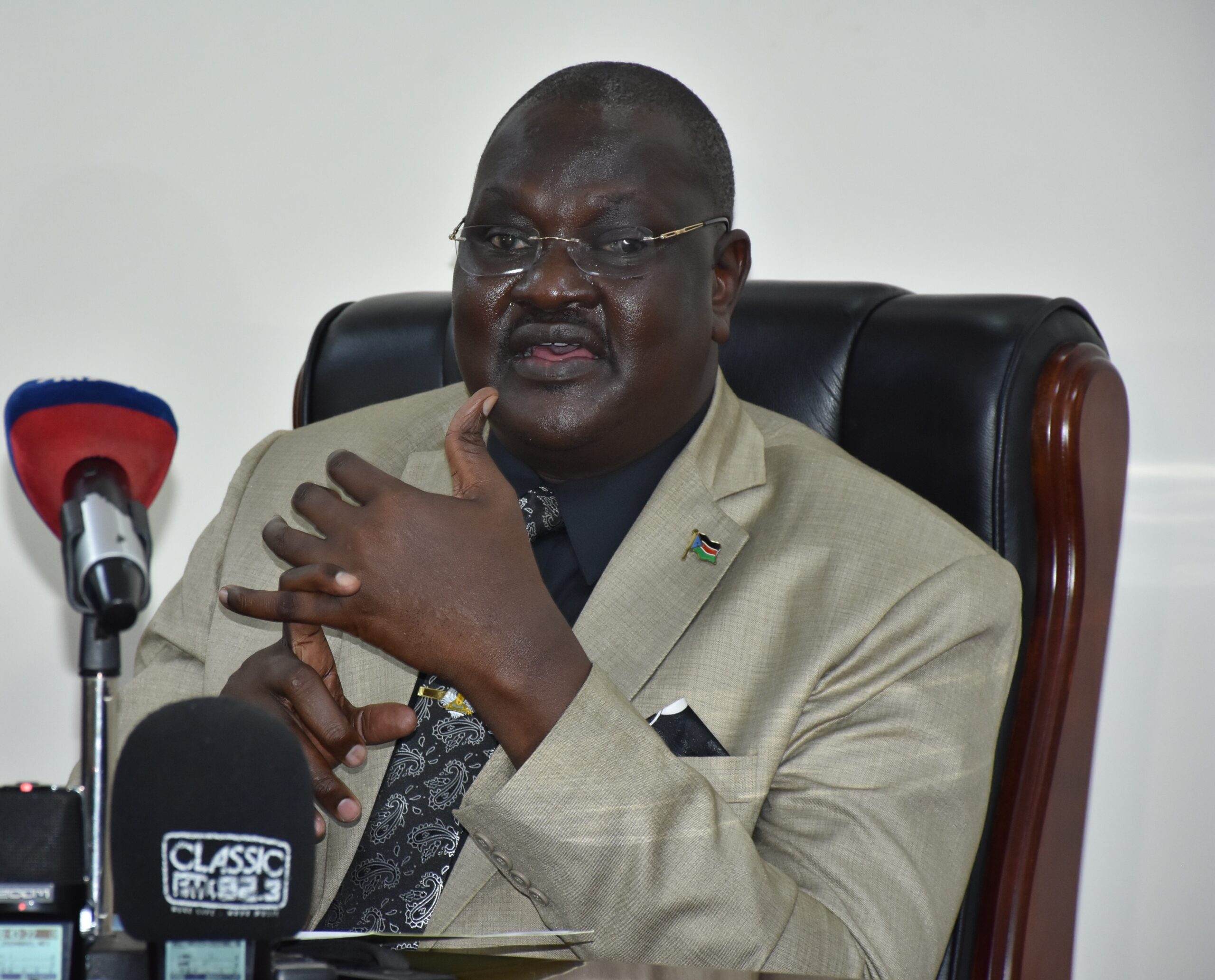
QUALITY PRODUCTS ARE KEY FOR SOUTH SUDAN’S ECONOMIC SUSTAINABILITY AND GROWTH

Lately, I have been reflective on the role of sustainable practices in our country and especially the role that we, the corporate sector play. Many times, we are challenged to ensure that we provide our clients with the best version of products and services that they can access. While most of the time this is looked at as only benefiting the client, I know for sure that good design will always be good business.
We marked our 11th anniversary in July, a moment that gave us an opportunity to celebrate the achievements we have had as a country. Since our independence, our social, economic, and environmental status has been influenced by our development as a people. This is a process that has been well guided by the responsible government agencies in charge of the various sectors that contribute to our country’s economy.
One of the greatest privileges we have as a country is the endowment with natural resources, especially our access to oil and gas. The contribution of the oil and gas sector to our socio-economic makeup cannot be understated. South Sudan holds a wealth of knowledge across the upstream, midstream, and downstream levels of the value chain.
With this in mind, it is important for private players in the oil and gas industry to ensure that we provide the best quality at all levels to our clients. The service provided, products created and prices for products should be those that encourage growth in the communities that we work in. A recent report from the country’s Vice President in charge of the Economic cluster H.E Dr. James Wani Igga indicated that the country lost more than 4$ billion in uncollected oil taxes over the last 10 years.
This is normally referred to as fuel fraud which is responsible for Africa losing nearly USD 100 billion each year. The lost amounts not only lower revenues collected but also allow for entry of lower quality fuels which are responsible for destroying clients’ vehicles and other machinery. Further, adulterated fuel is responsible for higher emissions of greenhouse gases and toxins to our communities.
It is therefore key that private players support the government by ensuring they have internal quality checking systems. Trinity Energy for instance has rolled out structures to track fuel across the value chain to ensure that all customers receive quality fuel and best value. While quality products have always been associated with being out of reach, the company has endeavored to maintain its prices at costs that are affordable to all its clientele.
Similar to what has been implemented in other markets like Mozambique, Tanzania, and Uganda, the South Sudan government recently implemented the fuel marking system. Having a unique identification marker enables private players and the government to track fuel products across the supply chain, and to identify adulteration points and contraband fuel. This ensures that only the best quality of fuel is allowed into the market.
As we develop our economies, we need to do our part in ensuring we leave a planet and environment where future generations will thrive. A strong fuel tracking system will definitely
help South Sudan build its economy through collected revenues but even more, quality fuel will be key in responding to fundamental climate change issues.
Miriam Modong Dangasuk : Head of Programs – Trinity Energy Limited





































